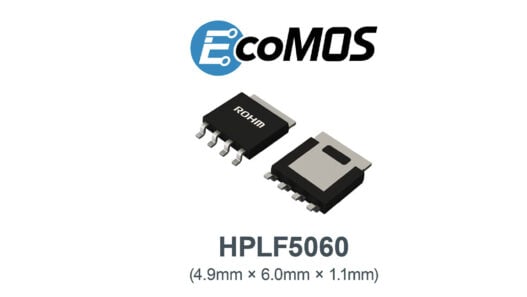Employees are no longer solely responsible for routine agricultural tasks or a particular machine. Employees need to be correspondingly qualified for these new fields of activity or new employees need to be brought on board. They need, among other things, additional expertise, which no longer has much in common with the traditional agriculture.
According to a recent survey on behalf of the German farmers Association (DBV) supported by the digital Association BITKOM, of 850 agricultural managers, two-thirds (67%) of farmers rate their digital literacy with a school-type grade of between A and C. This underlines the current importance of Smart Farming.
Agriculture 4.0 affects not only the producers themselves, it also brings the consumer closer to the agricultural enterprises and creates greater transparency. Thanks to digitisation, consumers have direct insights into the agricultural production chain. The agricultural processes in the digital farmyard include many areas of livestock farming (milking robots, automatic feeders, health monitoring of animals, etc.) and crop production (field robots) as well as the maintenance of agricultural machinery and driverless combine harvesters.
“These days, almost nothing on the farm works without digitisation. It is not only that larger numbers of processes and procedures are digitally controlled, but also that they are increasingly integrated and networked with one another. This makes digital literacy more important,” said Bernhard Krüsken, General Secretary of the German Farmers Association.
Due to the myriad technical appliances which they use and look after, many farmers already have a high affinity for technology and sometimes also a pronounced digital literacy. “In terms of digitisation, farmers are already further ahead than some industrial operations. One way in which digitisation is particularly helpful is if it is not merely thought of in terms of agricultural engineering, but rather is seen and implemented as an integral part of the business management,” continued Krüsken.
In March 2018, BITKOM is organising the first Digital Farming Conference in Berlin, to bring together more than 150 decision-makers from the agricultural engineering industry, the agricultural and digital economy, and the worlds of politics and science to talk about the use of digital technologies in farming. The main points of the agenda are: precision farming, robotics, sensors and networked agriculture.
“Digitisation also presents farmers with new challenges. There is still often a lack of orientation. Trade fairs like agritechnica help to provide the necessary overview,” said BITKOM CEO Dr. Bernhard Rohleder. “Anyone who wants to remain competitive as a farmer must now take a very active approach in dealing with digitisation,” he continued.
The farming sector is very progressive when it comes to Agriculture 4.0 and is rapidly becoming a flagship industry. However, many companies need to make themselves and their staff digitally ‘fit’ by improving digital literacy and also by bringing complementary expertise on board. Often, the extended networks and expert eye of external recruiters are required to track down the proverbial ‘needle in the haystack’.







